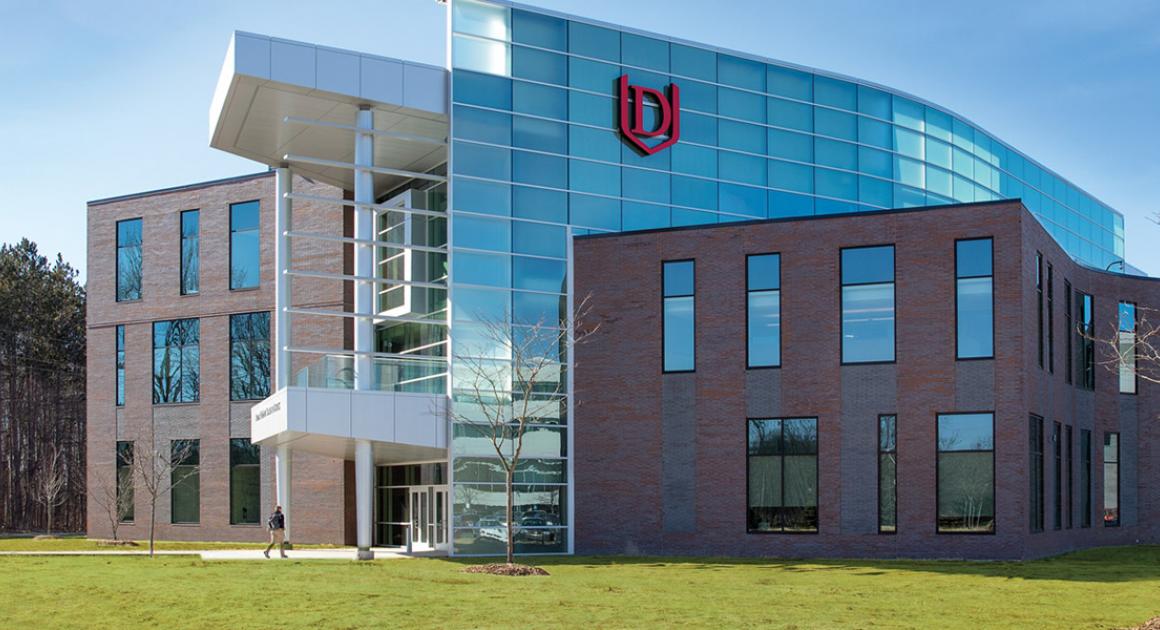National Science Foundation (NSF) Noyce Scholarship opportunity for future urban educators specializing in STEM
Davenport University's College of Urban Education is offering a scholarship opportunity for students pursuing a degree in any science, technology, engineering or mathematics (STEM) field including biological laboratory sciences and computer sciences, and whose goals are teaching in STEM programs within urban school districts. This scholarship enables students to complete their junior and senior years tuition-free if they commit to becoming STEM educators. STEM professionals that are interested in becoming teachers are also eligible for stipend support while they complete Davenport’s graduate certificate in urban education.
An NSF Robert Noyce Teacher Scholarship Grant was awarded to Davenport's College of Urban Education to develop K-12 STEM teachers in high-need school districts. Michigan is facing a teacher shortage and this scholarship will equip students with the skills to be highly effective STEM educators in urban schools.
Scholarship benefits
Eligible students selected for this scholarship will receive:
- A full-ride scholarship to complete their chosen bachelor’s program
- A teaching certificate through Davenport’s one-of-a-kind Future Urban STEM Educators (FUSE) Scholar Program
- Specialized training in STEM education teaching practices for K-12 urban schools
Application information
- Students interested in applying for the scholarship should reach out to Meaghan Polega via email at mpolega1@davenport.edu
- Each applicant will interview for the opportunity
- Students will be selected based on their academic performance
FUSE Scholar Program
Students chosen for this scholarship program will become FUSE Scholars. The FUSE Scholar Program grants graduates a teaching certificate through Davenport’s College of Urban Education and equips them with the skills and tools to be highly effective STEM educators in urban schools.
- Complete the application checklist
- Provide the following:
- Official transcripts
- Personal statement/essay (approx. 750 words detailing what attracts you to STEM and the teaching profession)
- Current resume
- 2 professional letters of recommendation
- Document highlighting service-learning, work with students, recognitions, honors and awards
Students participating in the NSF Noyce Scholarship program at Davenport University must meet the following requirements:
- Attend school on a full-time basis while receiving a scholarship under the FUSE Scholars Program
- Student pursuing a Bachelor's in Biological Laboratory Science or Computer Science or a STEM professional working to complete Davenport's graduate certificate in urban education
- Maintain good academic standing: 3.0 out of 4.0 GPA (undergraduates)
- Complete the degree program successfully and on time
- Teach in a high-need school district and serve as a teacher for two years for each year the student received scholarship
This material is based upon work supported by the National Science Foundation under Grant No. 2050597. Any opinions, findings, and conclusions or recommendations expressed in this material are those of the author(s) and do not necessarily reflect the views of the National Science Foundation.
